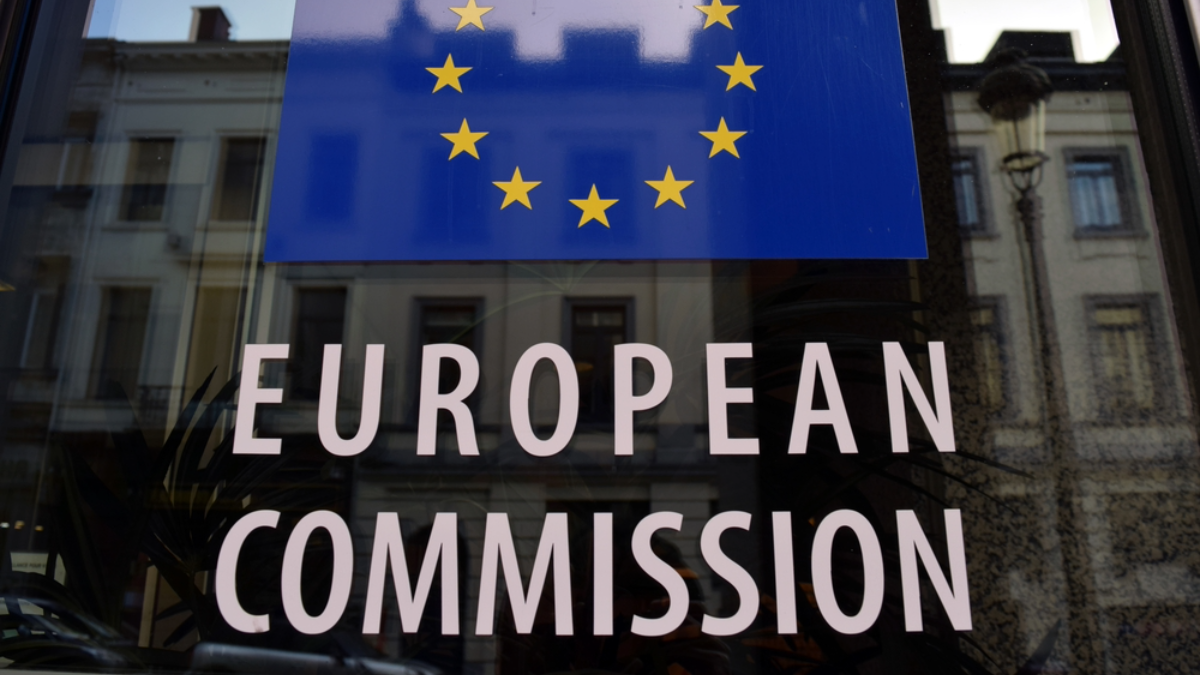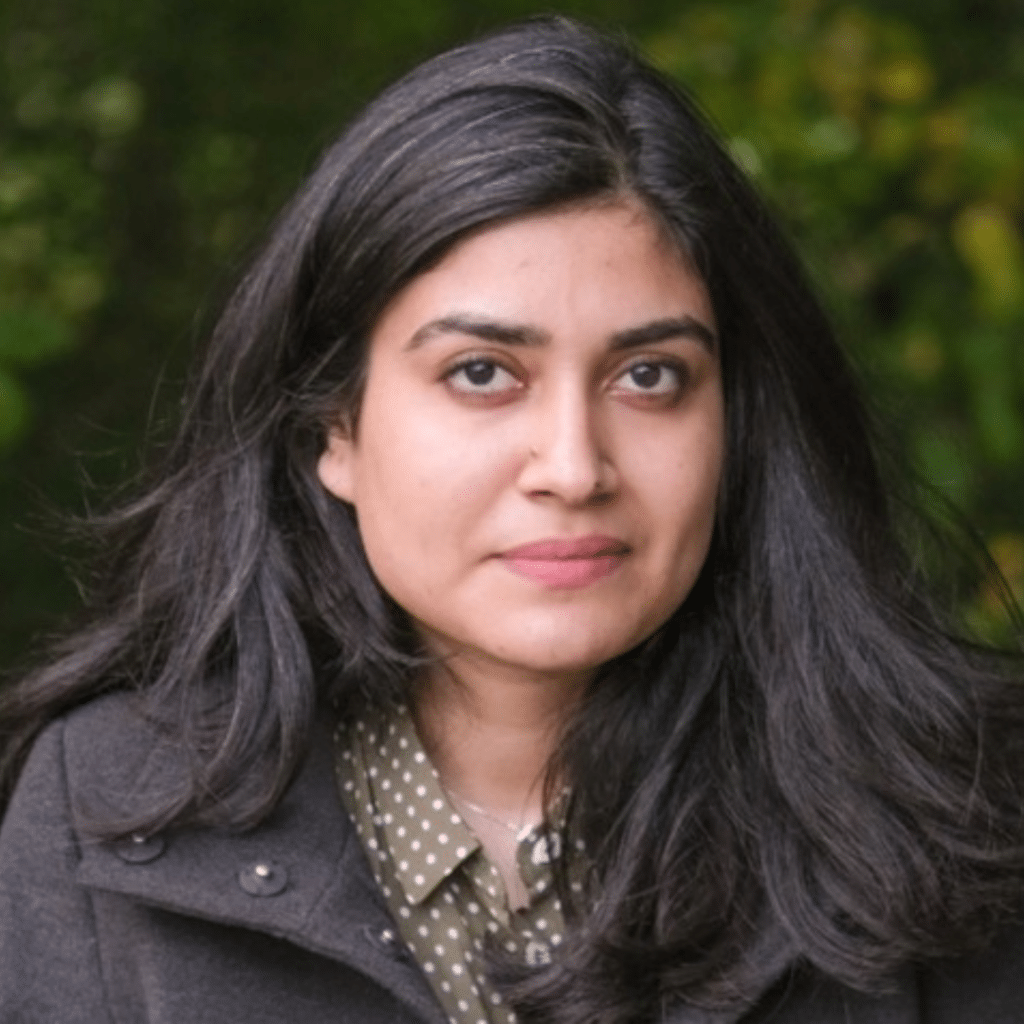EU Steps Up Civil Society Engagement On the Digital Services Act — Is It Enough?
Ramsha Jahangir / Apr 16, 2025
A photo at the European Commission in Brussels. Shutterstock
The European Commission is making a concerted push to bring civil society groups into the fold as enforcement of the Digital Services Act (DSA) ramps up across the bloc. However, civil society organizations (CSOs) are calling for a more structured and sustained approach to their engagement.
Last week, the Commission quietly rolled out an online survey, disseminated via LinkedIn by Commission staff, to map the sprawling landscape of CSOs engaged in activities related to the DSA. The initiative aims to create a registry detailing the specific remits and ongoing work of groups spanning the spectrum from digital rights campaigners to consumer protection watchdogs, all with a focus on the landmark online content regulation.
“The Commission aims to create a simple channel by which CSOs can provide information about their activities and outputs directly to the Commission whenever they want, to help the Commission maintain an overview of ‘who does what',” Thomas Regnier, a Commission spokesperson, told Tech Policy Press by email.
Beyond identifying relevant organizations, the Commission is also soliciting input through reports and studies that could inform its enforcement strategies. The circulated form allows CSOs to upload their own research and reports or flag relevant third-party analysis.
In response to a question about whether the directory or overview of civil society expertise would be made public and whether the Commission would provide feedback to CSOs on how their submitted expertise would inform DSA implementation, Regnier told Tech Policy Press that the Commission had no plans to publish the information collected through the form. The spokesperson added that the Commission did not intend to categorize or analyze the indications of expertise provided by CSOs.
“The purpose is to facilitate the work of CSOs by providing an easily accessible form for any CSO when they wish to contact the Commission for matters related to the DSA implementation,” said Regnier. He encouraged organizations to circulate the link to the survey form among groups interested in DSA-related activities.
Despite the Commission's emphasis on continuous engagement with CSOs through bilateral meetings, multistakeholder events, and roundtables, and its encouragement of very large online platforms (VLOPs) and very large online search engines (VLOSEs) to utilize external expertise in the spirit of DSA Recital 90, questions remain about how diverse civil society perspectives will be genuinely considered and integrated into the law’s implementation.
“There has been a noticeable increase in engagement between the European Commission and civil society organisations since the entry into force of the DSA; whether this has been through roundtable discussions or calls or evidence/research,” said Asha Allen, Secretary General at the Center for Democracy and Technology (CDT), Europe.
“However, it's not clear precisely how our inputs are being put to use and when it comes to the events organized to facilitate discussion with CSOs on specific issues, there has been limited scope for us to have substantive exchanges,” she said.
For civil society experts and organizations from other parts of the world who may be affected by the extraterritorial effects of the DSA, the Commission's current approach to CSO engagement raises concerns about inclusivity. “The Commission’s civil society survey is broad enough to let diverse CSOs share their work — but its circulation through limited channels raises serious questions about inclusivity and the EU’s commitment to genuinely diverse civil society engagement,” said Aisling Lynch-Kelly Advocacy and Communications Officer at The London Story Foundation, a member of the Global Majority House.
“The survey seeks to help them gain an overview of CSOs engaged with DSA implementation, but without broader outreach, the process risks privileging those already in the loop, reinforcing an echo chamber rather than opening up space for new or underrepresented voices," she said.
CSOs call for structured engagement
Acknowledging the Commission's increasing efforts to engage external expertise, civil society organizations are calling for structured dialogue with relevant stakeholders from the EU and beyond and the establishment of a formal consultation mechanism. So far, most roundtables have been ad hoc, and the criteria for who is invited to these dialogues remain unclear.
The DSA CSO Coordination Group—which CDT Europe convenes and coordinates—has been calling for a more effective method for consulting with the European Commission, DSCs, and the Board on aspects of DSA enforcement, where we can lend the extensive expertise that exists amongst our informal network, said Allen.
“What form this could take is yet to be determined, but we are calling for a standing structure that facilitates consistent exchange with CSOs that is respectful of not only our expertise but our capacity and resourcing, especially in light of this increasingly challenging environment for CSOs,” she said, adding that so far the concern had not been concretely addressed.
To effectively leverage the expertise of civil society and academic experts at the EU level, the Commission should consider establishing a body mirroring the promising advisory board piloted by the German Digital Services Coordinator, according to Svea Windwehr of the Electronic Frontier Foundation.
In response to questions about plans to establish dedicated working groups or advisory channels, and the potential resources the Commission will allocate to support the active engagement of civil society in the DSA implementation process, the Commission spokesperson said the organization remained committed to exploring avenues to provide robust support mechanisms for CSOs, in “compliance with the applicable financial rules and fully aware of concerns regarding the principles of independence, accountability, and transparency.”
Authors
